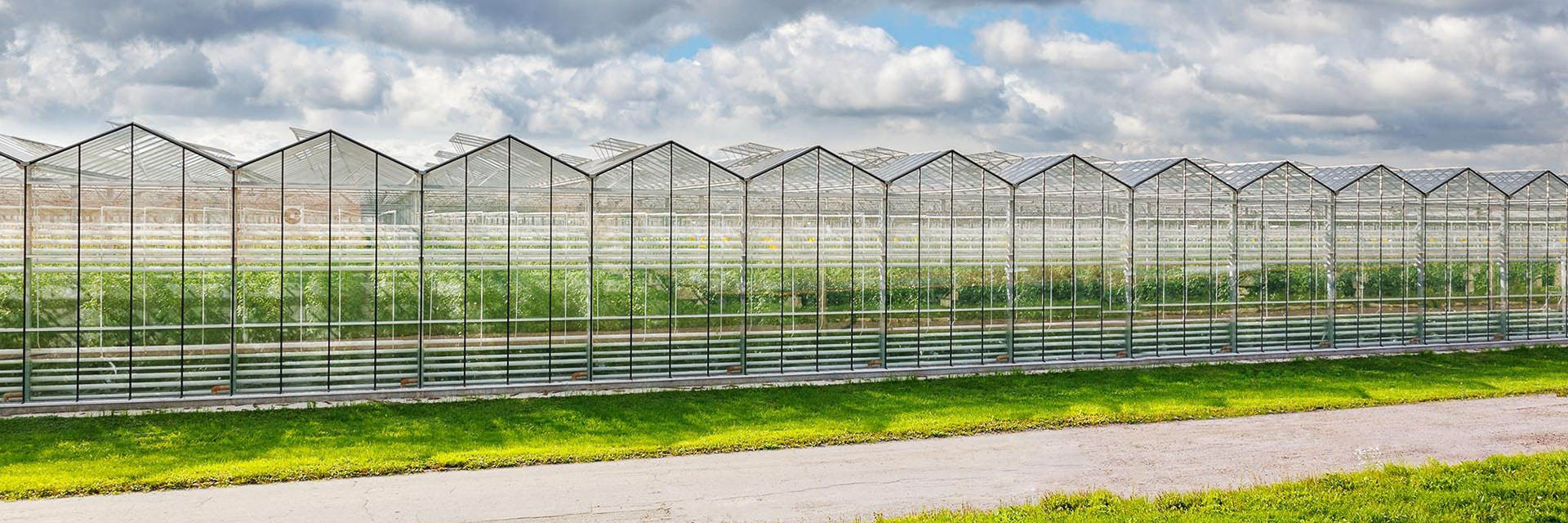An integrated water-energy system in the Westland region
The Westland region in the Netherlands contain dense urban and industrial areas, coupled with large greenhouse horticulture complexes. The region is well known for its greenhouse horticulture, where mainly vegetables (mostly on hydroponics), flowers and potted plants are grown. Over 1.2 million people inhabit this region which is where you can find large cities as Rotterdam, Delft and The Hague.
Due to its high urbanisation, large areas in the region are paved, not allowing rain precipitation to infiltrate. It flows directly into sewage and drainage systems, especially in the urban areas, where water level management is in place with the purpose of flood prevention. The water surplus at extreme showers is quickly discharged through the sewage water system towards the rivers.
The region is under sea level making the groundwater brackish to saline, because of marine transgressions in the past. This problem is expected to increase in the future as a result of climate change, sea-level-rise and surface subsidence.
A combination of low quality of the water, high-demand coming both from urban areas and horticulture, and its geography, result in very little water storage capacity. This scenario creates a a necessity to improve Water Circularity practices and assure their feasibility.
Nextgen
The key focus of the Westland demo case is not the demonstration of a particular technology at a specific location, but the demonstration of a circular water system at the Westland region, building on (and connecting) existing circular initiatives spread over the region. NextGen is providing an integrated assessment of circular water-energy-materials systems.
For the transition towards a more circular water system in the Westland region, the assessment of the contribution of several technology options to further close the water system will be done by modelling of the following scenarios:
- extension of large-scale rainwater harvesting through Aquifer Storage & Recovery (ASR)
- the reuse of WWTP effluent for horticulture
- water recycling and individual/collective water purification system at horticulture industry
- urban water management systems (rainwater harvesting, grey water recycling, green roofs and domestic water saving).
For an integrated water-energy approach in the Westland region, the assessment will be done by:
- mapping the contribution of Aquifer Thermal Energy Storage systems (ATES) to the overall energy balance
- a feasibility study of a High Temperature-Aquifer Thermal Energy Storage system (HT-ATES) at the horticulture Koppert Cress.
For enhanced material recovery, the assessment will be done by:
- displaying options for an optimal materials value chain.
